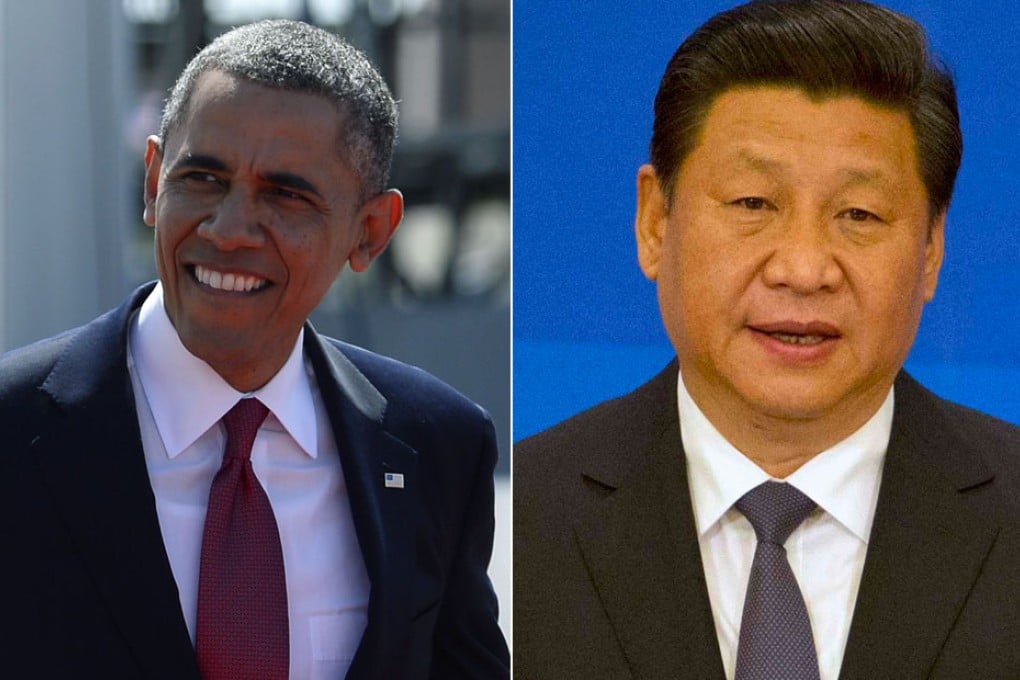China faces the new realities of US interference in its own backyard
Deng Yuwen and Jonathan Sullivan say Beijing's reaction will shape how conflict may be resolved

Barack Obama used his recent Westpoint military academy address to outline his foreign policy for the remaining term of his presidency and set out the principles for American global leadership in the longer term. He didn't say much about China directly - invoking the seriousness of cyberattacks, but not naming China as a major perpetrator. He mentioned the South China Sea, but only to say that the US supports Southeast Asian nations in their attempts to negotiate disputes according to international law.
Despite this apparently low-key approach to China, analysts in Beijing found yet more cause for concern in the speech, the latest in a series of ill tidings. First, the US bottom line is that it intends to maintain its position as the great global power, "the one indispensable nation", for the remainder of the 21st century.
Second, while military power remains the backbone of US leadership, Washington will also cooperate with its allies to attain its strategic goals.
Third, the US will use any means within law to force China to respect international norms of access in the South China Sea, with the implication that if, by failing to do so, China threatens US allies, Washington would use force to teach Beijing a lesson. At last, Uncle Sam has revealed his mean streak.
Analysts in Beijing see storm clouds gathering over Sino-US relations. Last summer, President Xi Jinping put the idea of a new model of great power relations to Obama as a potential modus vivendi. In the long term, Beijing wants Washington to accept that East Asia is China's special sphere of influence and to refrain from intervening against China's interests in its own backyard. Beijing argues that this is the extent of what it wants in global affairs: American hegemony is tolerable as long as the US respects China's position in Asia.
China wants the same degree of stability in bilateral relations with the US as it has been able to establish with Russia. But achieving this will require greater US accommodation of Chinese foreign policy behaviour in support of its core interests, and removing support from American allies who actively go against them. These are formidable obstacles.
In fact, where China hoped the US would leverage its influence over its allies to support China's claims, it has done the opposite, strengthening alliances with Japan and the Philippines. The idea that the US actively opposes Beijing's legitimate pursuit of security and sovereignty interests in surrounding maritime areas is a source of enormous frustration.